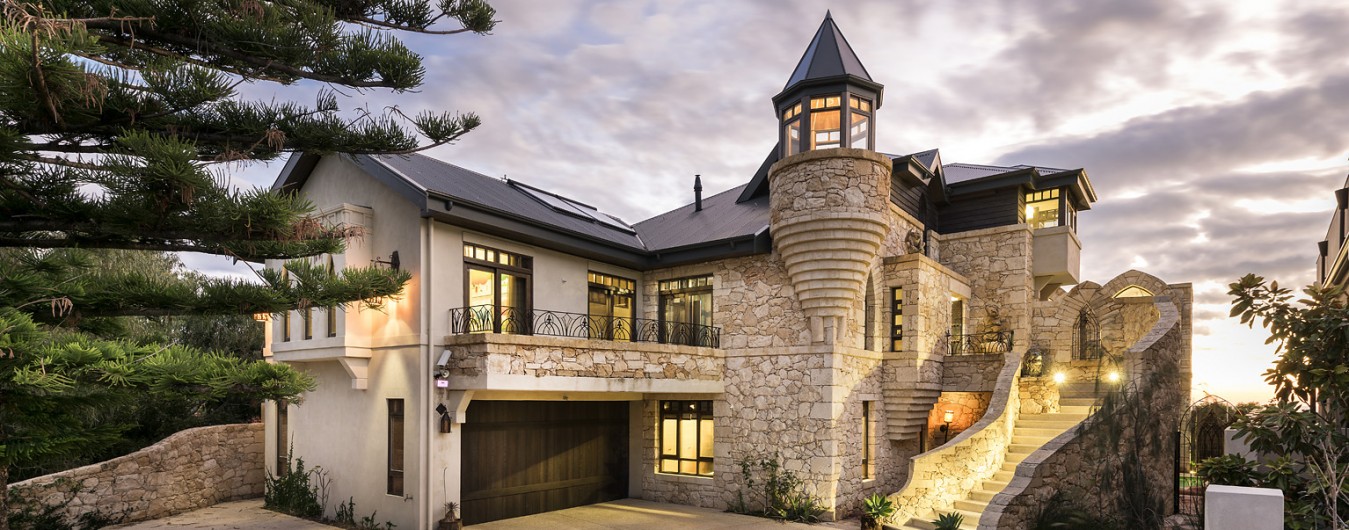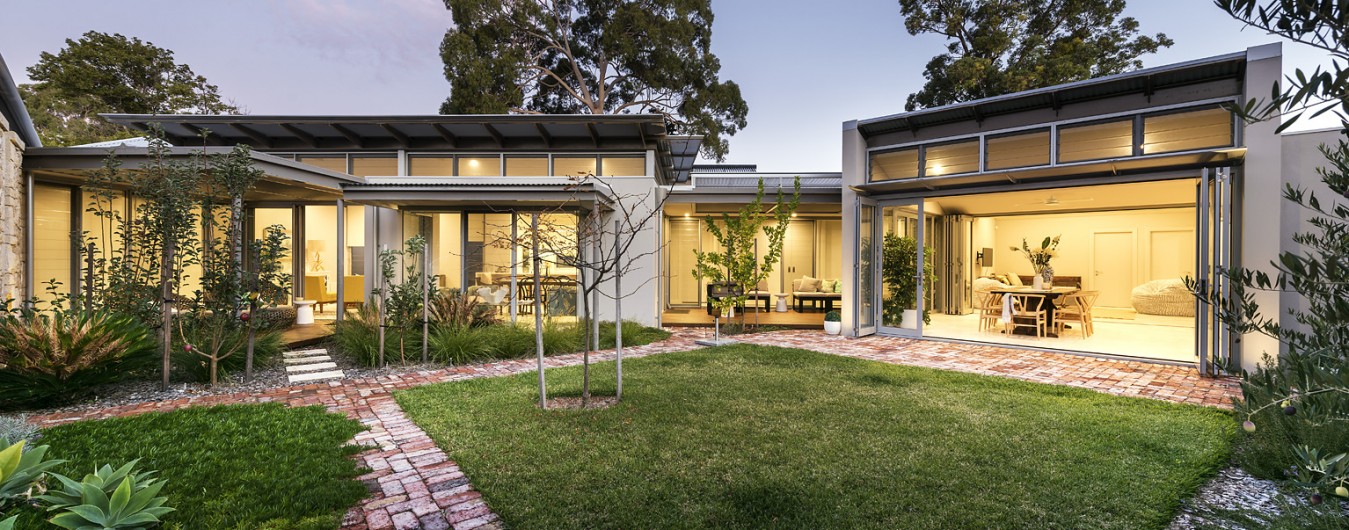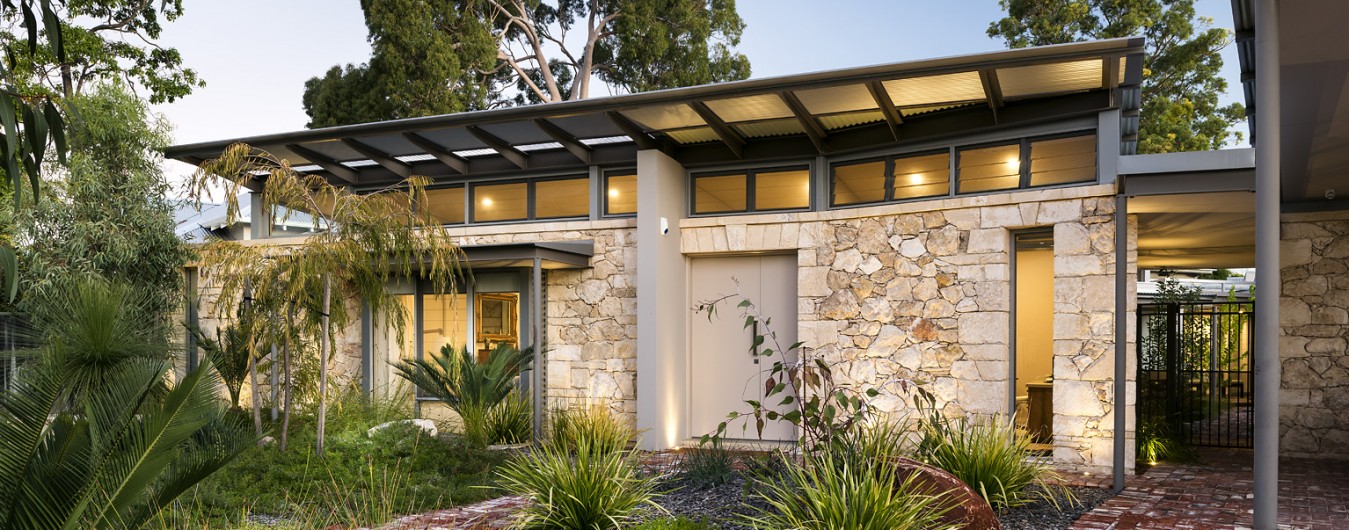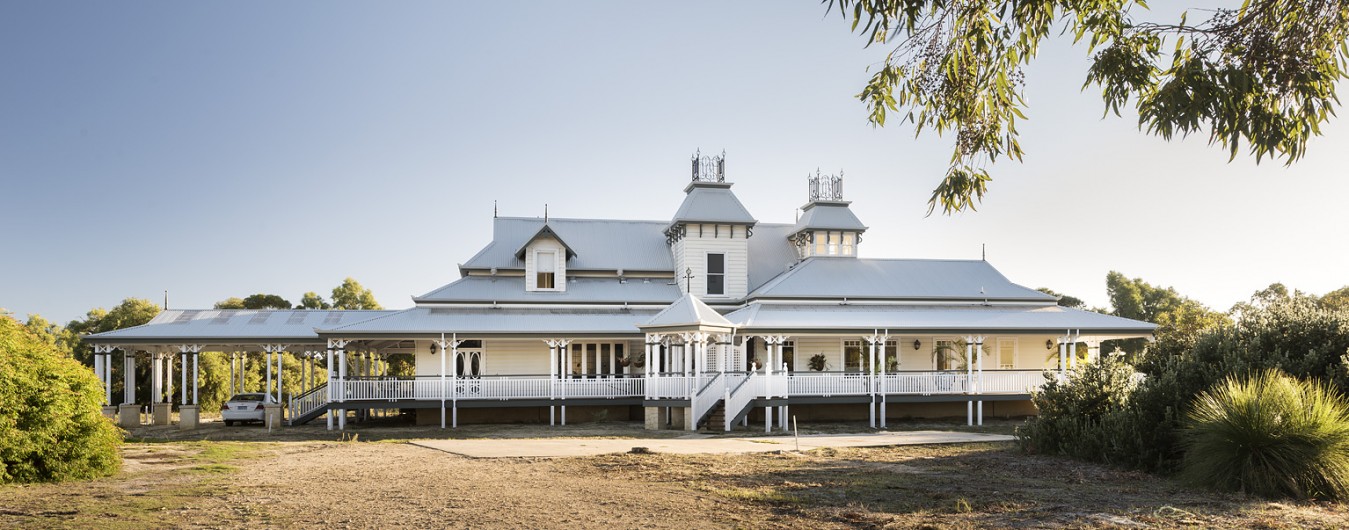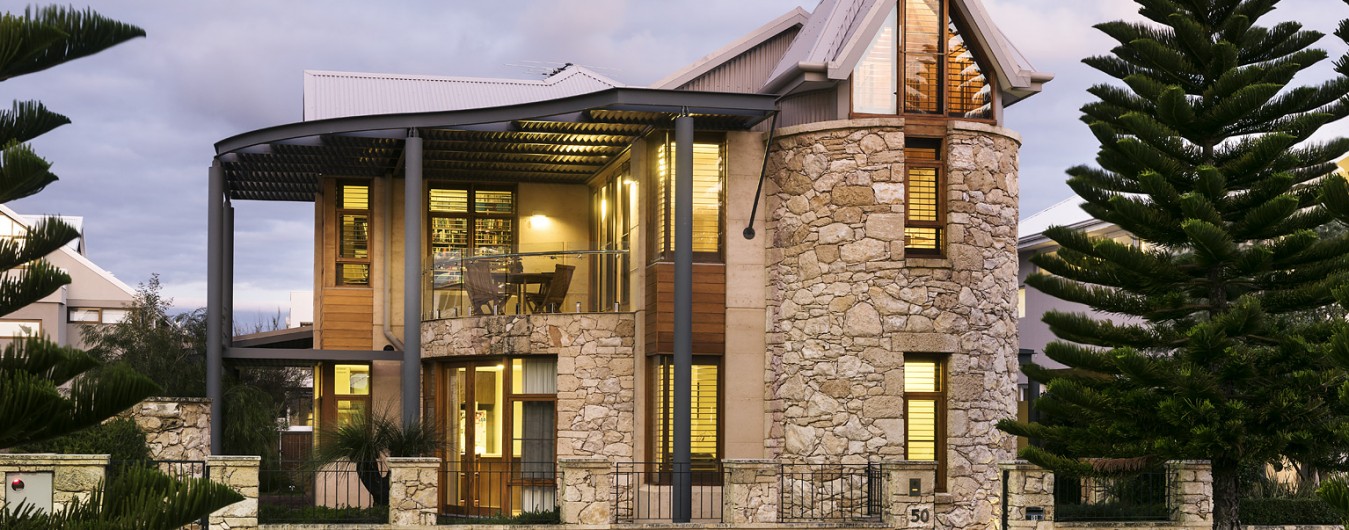The State of Greenness in Melbourne, Australia: Part 1
February 22nd to Feb 26th, 2010
Green Cities and Universities Report: Part 1
by Garry Baverstock AM, Adjunct Professor, Murdoch University, Western Australia
Melbourne Tries to Practice what it Preaches
As a city encompassing sustainable living patterns, Melbourne seems to practice what it preaches. Like all cities in the modern world it still has a long way to go before it could be considered as contributing soundly to world progress. The avoidance of further damage to our natural world is what counts, and ultimately our own existence on planet earth. Though in watching and listening people present their views on the subject, I could help feel that “sustainability” has a new corrupted meaning for many people. They obviously believe that keeping business as usual is their interpretation of the word. This is of course a hijacked connotation of the original meaning of the term, emanating from the WCED UN decree in 1987. Very few of the presenters tied their actions to short, medium or long-term targets of performance, but more later.
Green Events in February
Late February saw a number of events spring up in the city that focused attention to sustainability issues as it applies to all Australians. The Green Building Council held a major event, the Green Cities Conference, Exhibition, Masters Classes at the Melbourne Convention and Exhibition Centre and tours to recently completed “GreenStar” rated buildings around the city. The Green Universities Conference was held concurrently at the Rendezvous Hotel in central Melbourne. As one of the guest speakers my mission was to present a case study of the new 50kW PV array on the library roof, as well give a run down of Murdoch University’s long history of Environmental studies and research, and the many facets that the university is currently involved with in the field of Renewable Energy and sustainability of the built and natural environments. It was obvious that Murdoch University is a small player in the over all action of securing “funding” for sustainability investment and course development. But it is obvious that we are very good at delivering educated and trained people for “green” jobs.
During the last week of February Melbourne was all a buzz about sustainability. There was a large expo in Federation Square that featured the all-important impacts on the natural world and human health. Land care programs, water resources Forestry and personal exercise and diet information featured strongly in the exhibits. There were some extremely relevant messages being presented about lifestyles and positive attitudes to their natural environment. As I walked around I wondered if the numerous obese, unfit, smoking crew that made up a large proportion of the visitors wandering through the stalls actually got the message when applied to them.
Surely, the next important step in addressing climate change properly will be that of the fostering of a solid public consciousness and what cultural changes are going to be mandatory. About that time, I looked up and across to the AFL’s headquarters nearby to Federation Square, the famous MCG Aussie football and cricket ground. I flashed back to the third quarter in a 1960s address at a nail biting Grand Final and couldn’t help imagining the voice of John Kennedy, the legendary football coach of the premiership winning team Hawthorn, screaming out “Don’t think, Do!” Culture change has some distance to go before walking the talk is a common way of looking at life. Evolution is the key. Revolution is definitely not on most government’s or industry agendas as evident in the ambivalent action emanating from Copenhagen.



